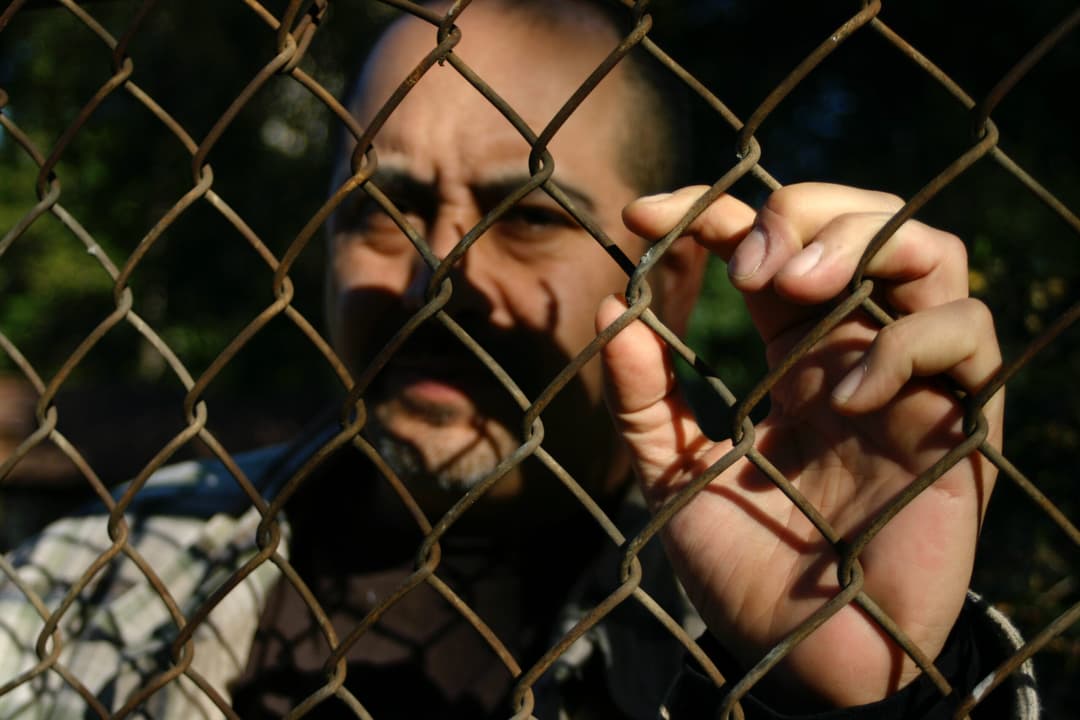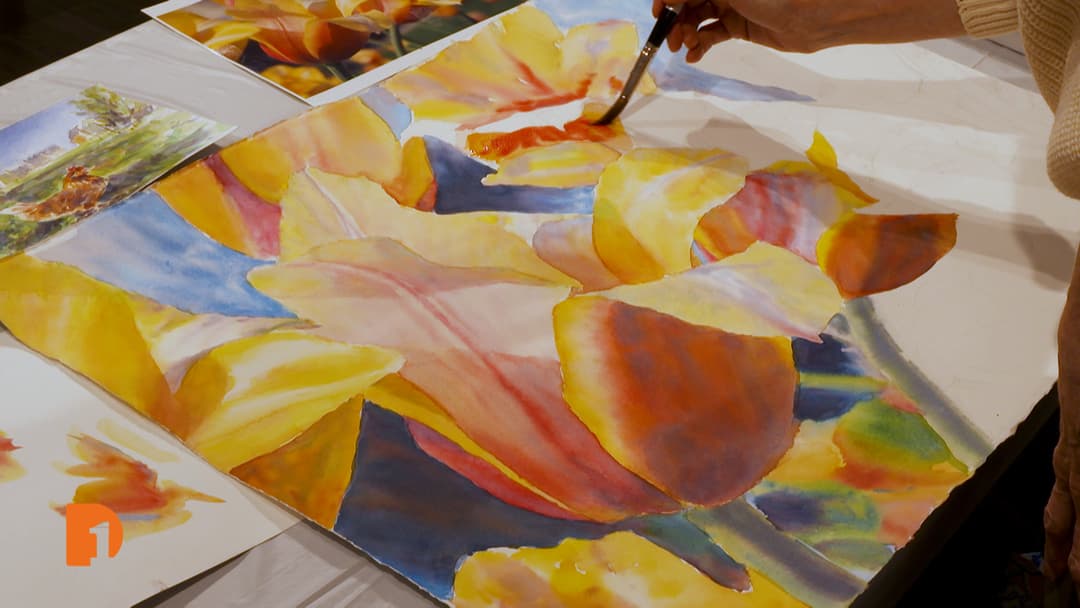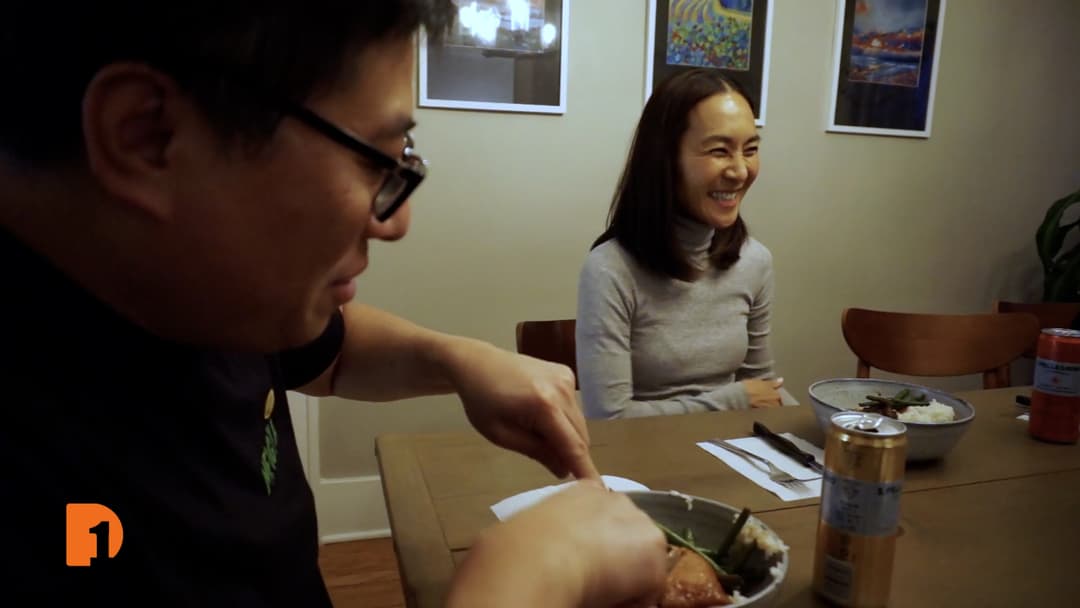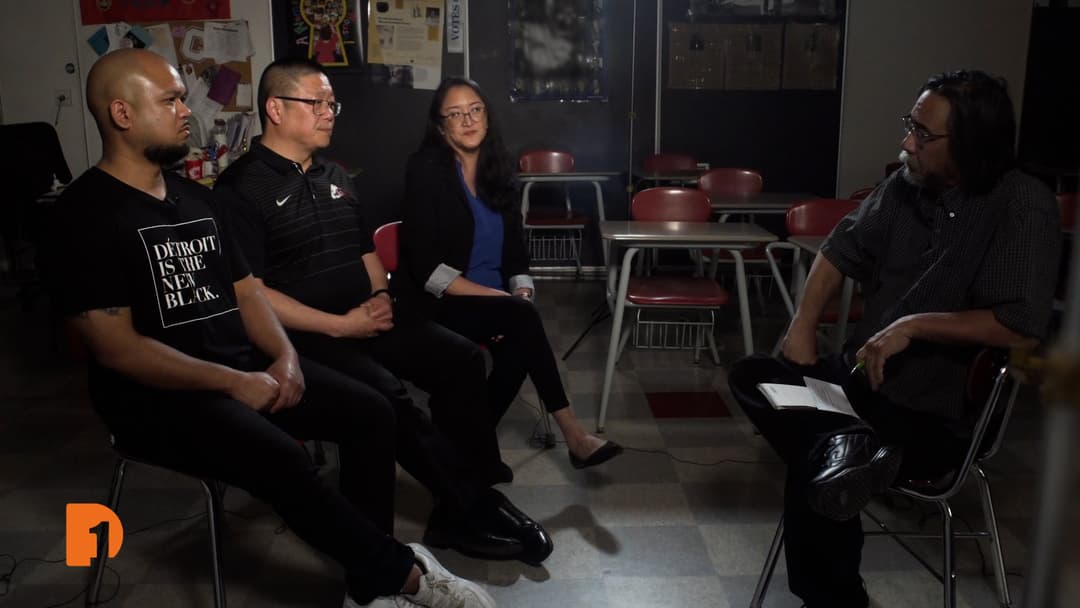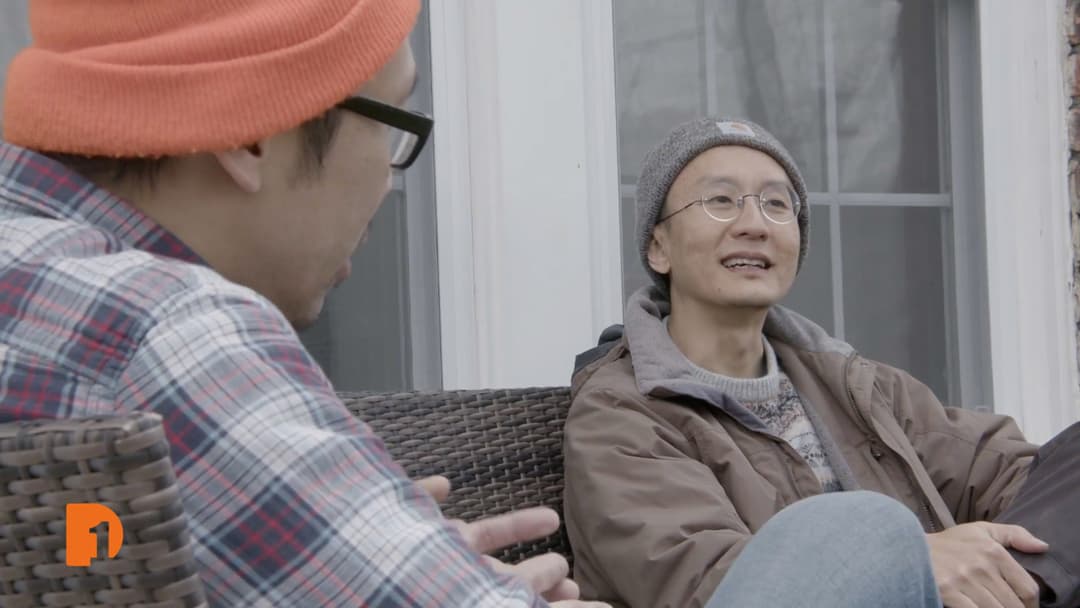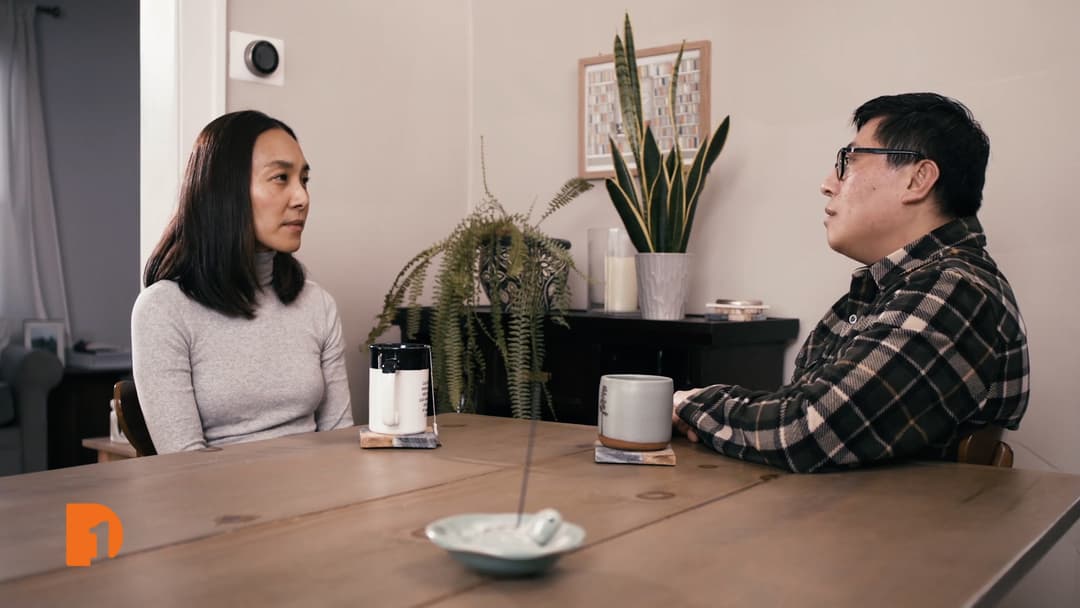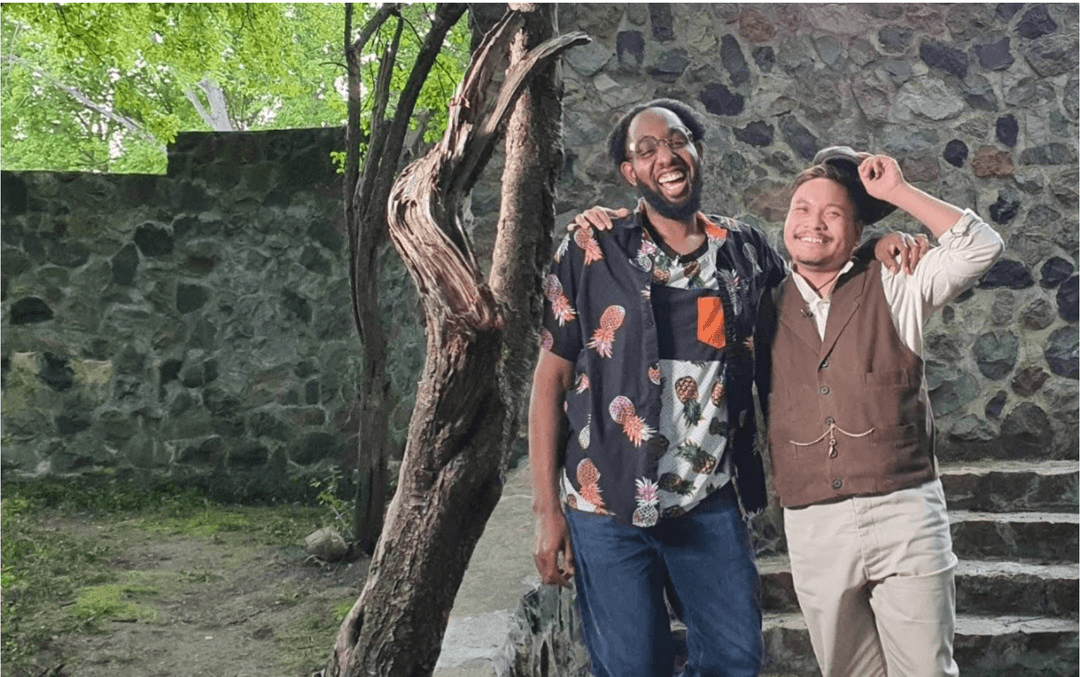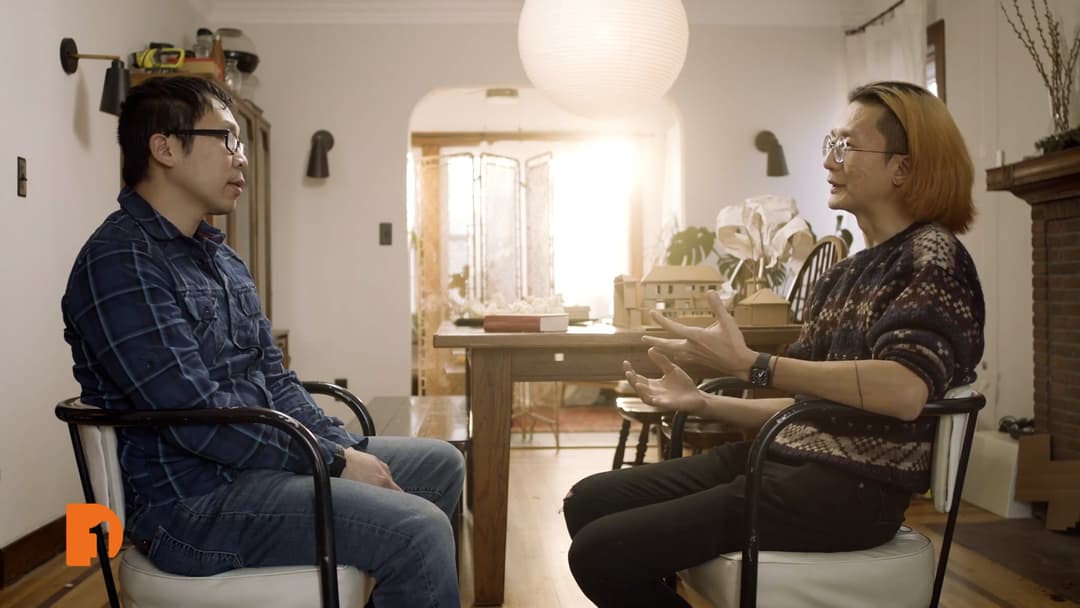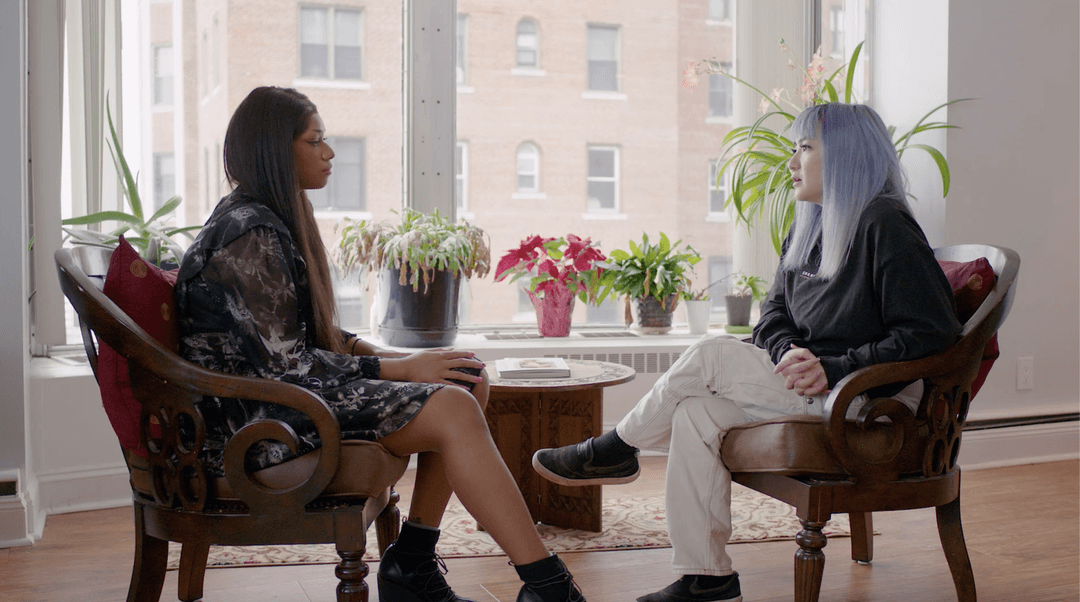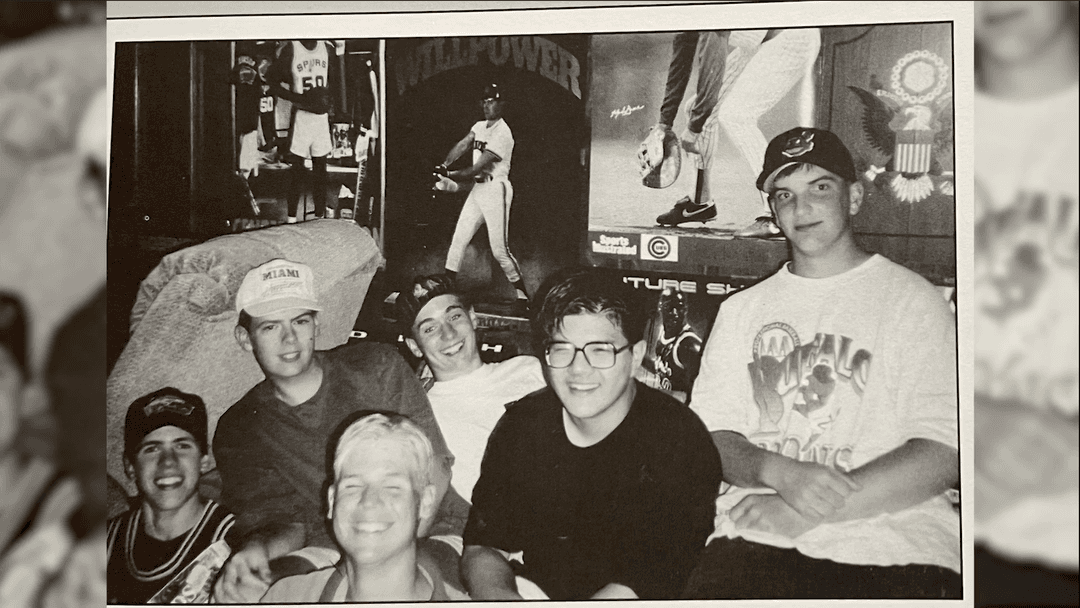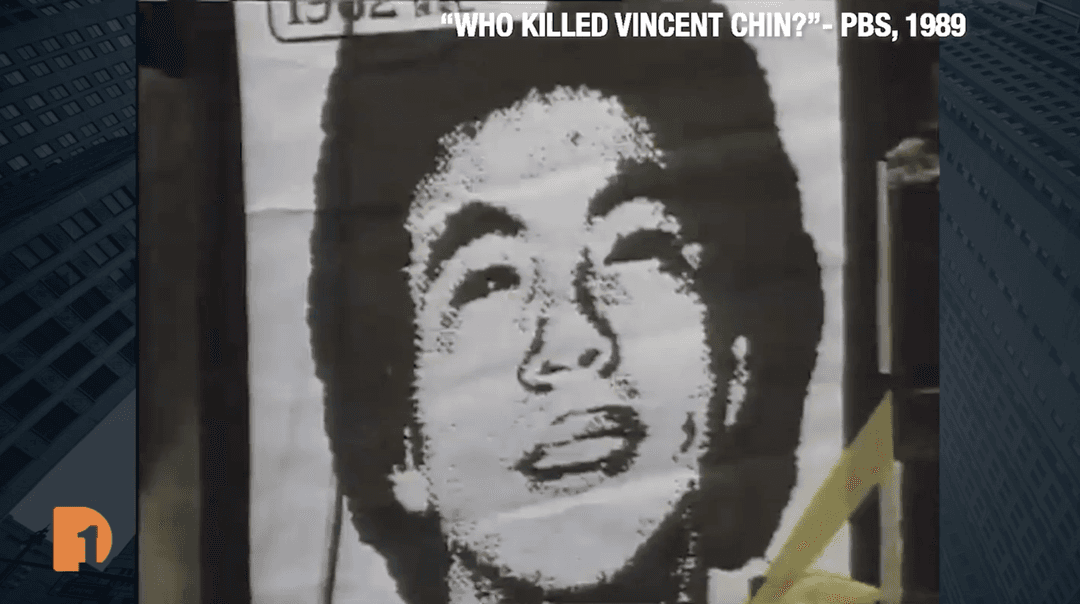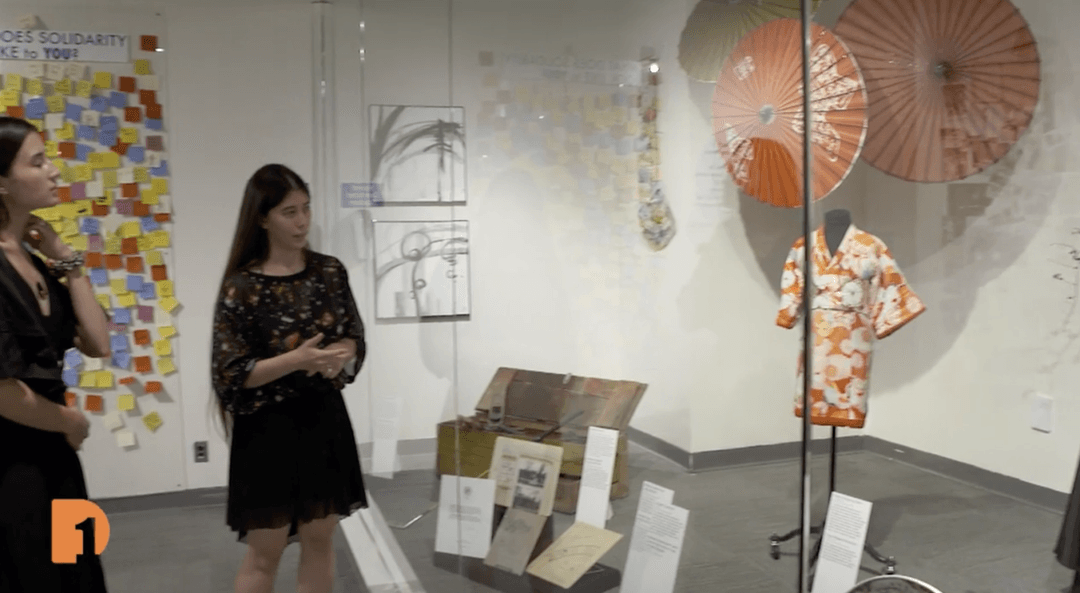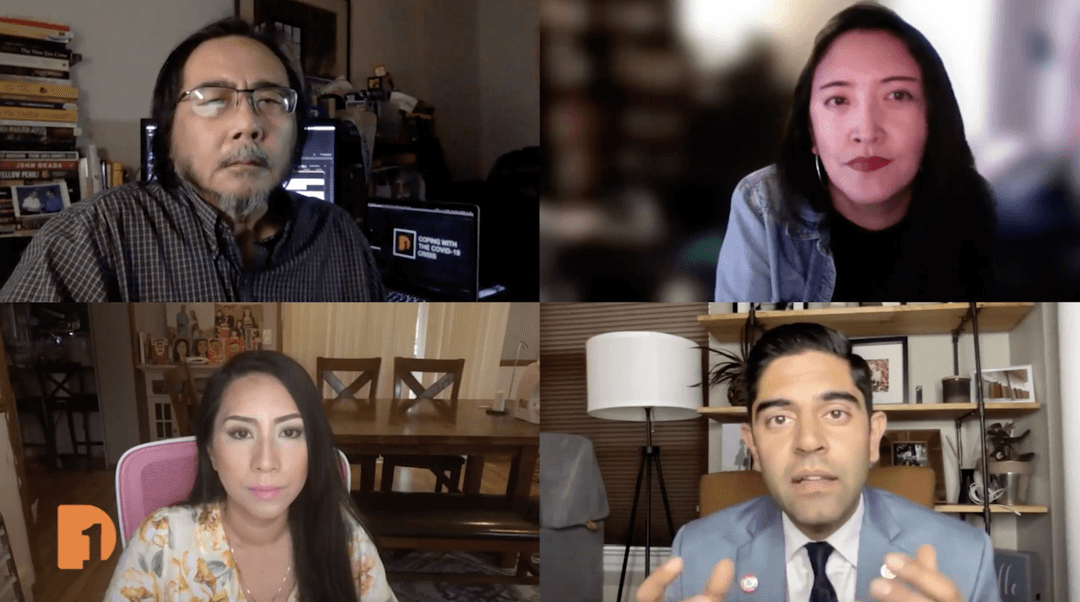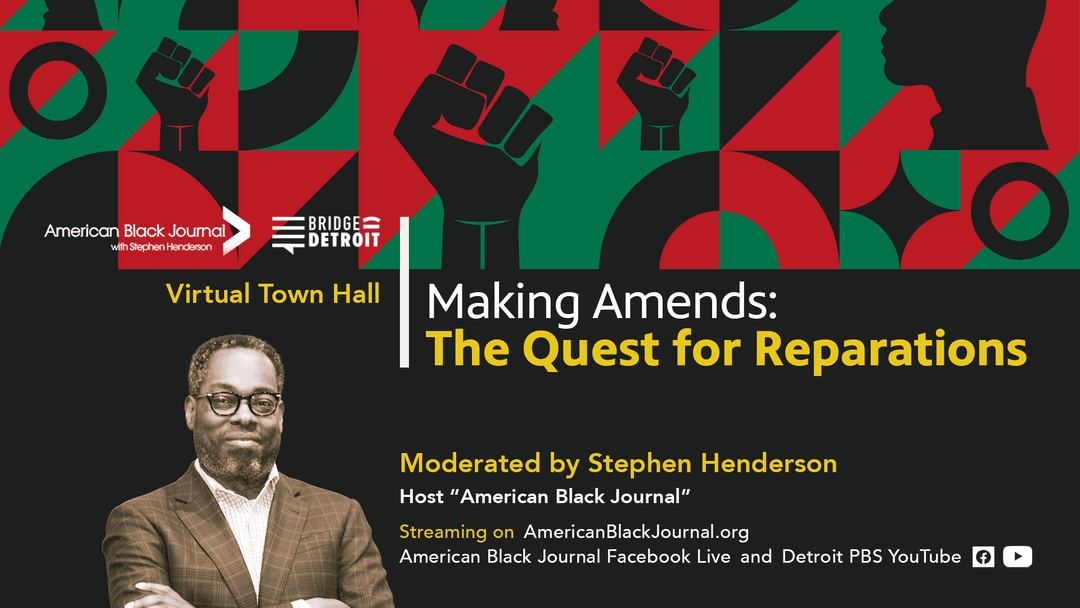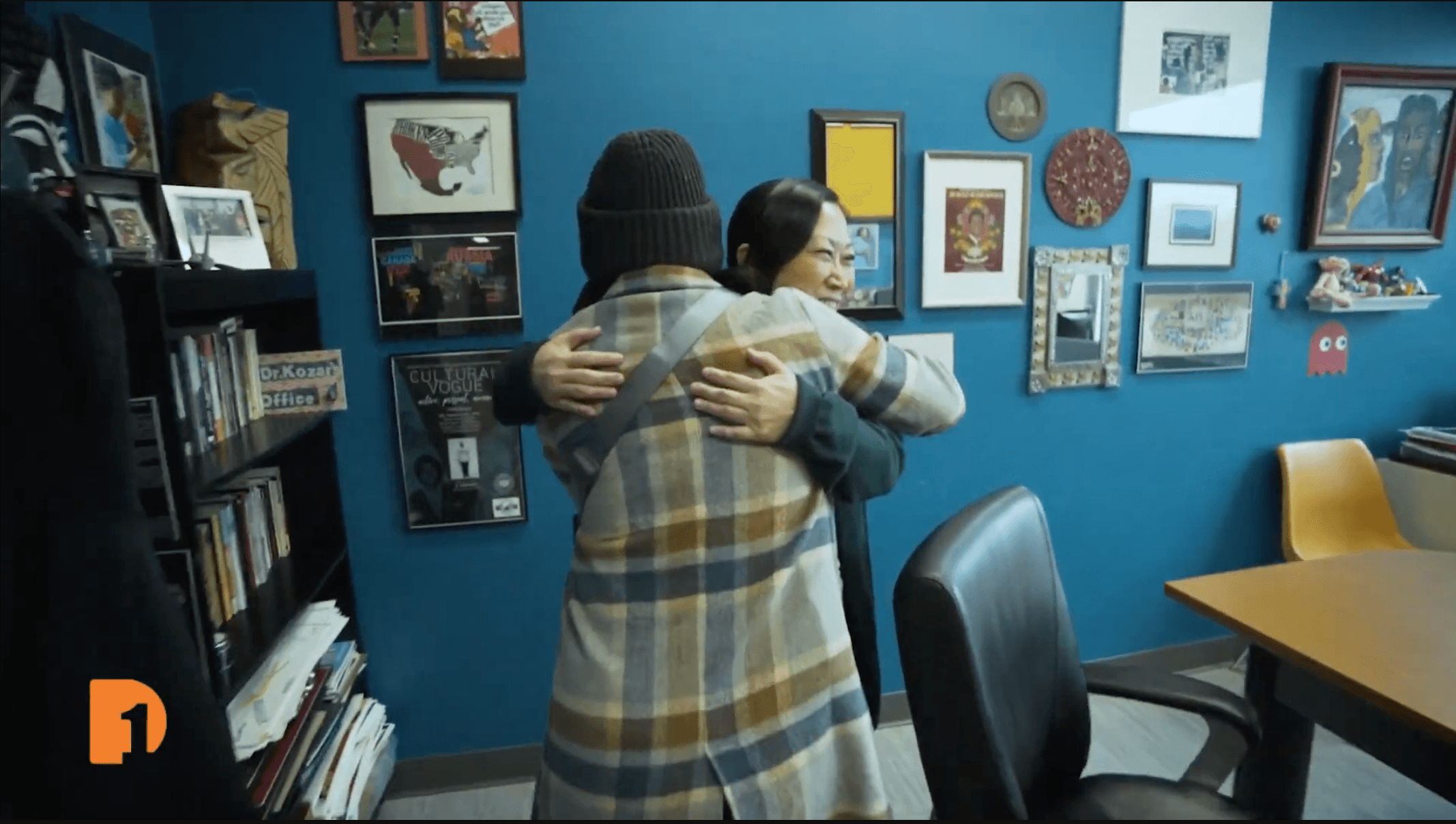
Two women create lasting bond through AAPI Advocacy, APA Studies course at MSU
May 11, 2023
Michigan State University alumna Brenda Hu never forgot the lessons she learned during her undergraduate career, or from crossing paths with Asian Pacific American Student Organization (APASO) student advisor Meaghan Kozar. Hu, a senior at nearby Okemos High School before attending MSU, would visit the university from time to time, but it wasn’t until later that the two first connected.
Kozar first officially met Hu later at an APASO pageant, which focused on celebrating Asian American identity. Hu, who was then representing the Chinese Student Coalition, ultimately won the pageant and the title of “Ms. APASO” that year. It was the pageant’s focus on celebrating being Asian and American that was an eye-opener for Hu, however, who had grown up thinking she had to choose between being one or the other.
In undergrad, she ended up taking “Intro to Asian Pacific American Studies”, a class that Kozar co-taught. For Hu, the class revealed how Asian Americans have had an indelible impact on American history, even when it was not plainly visible in the textbooks she had in high school. For Kozar, she found joy in opening the eyes of her students to the contributions Asian Americans have made and to the injustices they’ve faced.
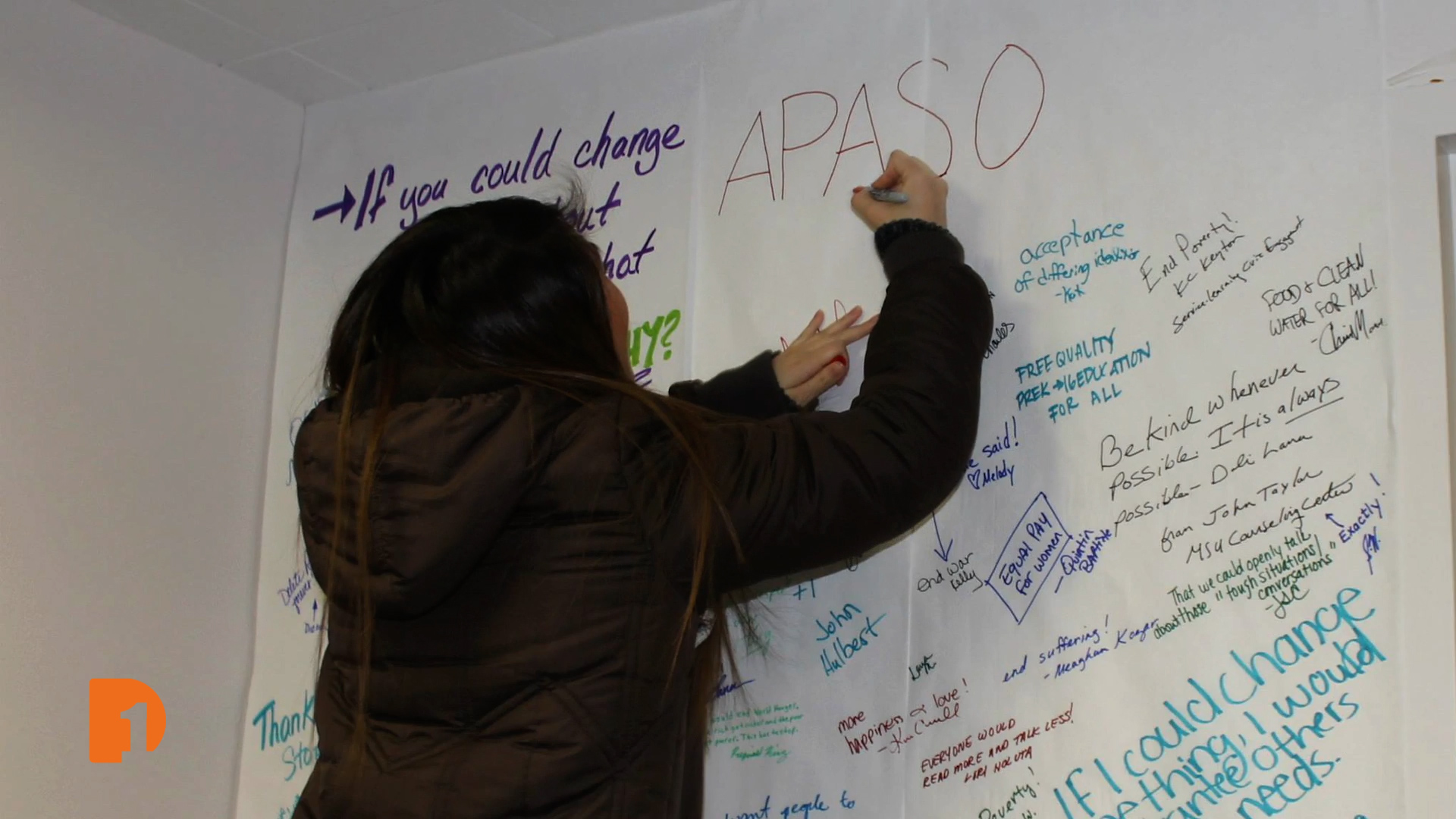
Meeting Kozar and others within APASO, Brenda found a community that the many parts of her identity could connect to, ultimately leading her to take on leadership roles in the organization, connecting with other student organizations to advocate for others and create empowering programming across campus.
It’s been a few years since Hu, now a public relations professional, graduated from undergrad. Still, she and Kozar, the Project Manager for MSU’s Inclusive Campus Initiative, have kept in touch.
They recently reunited in East Lansing to participate in One Detroit’s AAPI Stories series, which tells stories that reflect the authentic lives of Asian Americans. They talk about a pivotal introductory APA studies class, how representation for Asian Americans has changed, and what keeps them inspired when it comes to advocacy in their everyday lives.
Part One: When they first met
Brenda Hu and Meaghan Kozar recount their first memories of each other and the community within the Asian Pacific American Student Organization (APASO). Plus,Brenda shares how these experiences inspired her to become an advocate.
Part Two: Intro to APA Studies
The class was SSC 293, “Intro to Asian Pacific American Studies.” Brenda Hu shares how the class Meaghan Kozar co-taught was a life-changer for her, revealing the contributions Asian Americans have made to American history, including when it comes to civil rights.
Part Three: Am I American enough?
Brenda Hu shares her experience growing up in East Lansing, a young Chinese and Vietnamese kid in the minority, and not feeling American enough. Meaghan Kozar shares about her childhood as a Korean adoptee growing up in Minnesota in an Irish family.
Part Four: Asian Americans in pop culture
For Meaghan Kozar, positive representations of Asian Americans in the mainstream have long been few and far between, “Wayne’s World” being a notable and unexpected exception. Brenda Hu talks about the emergence of Asian American content creators thanks to YouTube and how it inspired her.
Part Five: Vincent Chin’s legacy and complicating narratives
Meaghan and Brenda talk about the importance of Vincent Chin’s legacy, the activism that has kept the story alive more than 40 years later, and the ongoing need to bring underrepresented stories of many communities to light.
Part Six: What empowers you
Meaghan Kozar and Brenda Hu share what fuels their advocacy work in their daily lives. Kozar shares some good news about Michigan State University’s forthcoming free-standing multicultural center, which has been long advocated for by students over the years, and is now becoming a reality.
Stay Connected:
Subscribe to One Detroit’s YouTube Channel and don’t miss One Detroit on Thursdays at 7:30 p.m. and Sundays at 9 a.m. on Detroit PBS, WTVS-Channel 56.
Catch the daily conversations on our website, Facebook, Twitter @OneDetroit_PBS, and Instagram @One.Detroit.
Stay Connected
Subscribe to One Detroit’s YouTube Channel and don’t miss One Detroit on Thursdays at 7:30 p.m. and Sundays at 9 a.m. on Detroit PBS, WTVS-Channel 56.
Catch the daily conversations on our website, Facebook, Twitter @OneDetroit_PBS, and Instagram @One.Detroit
Related Posts
Leave a Reply
Your email address will not be published. Required fields are marked*



